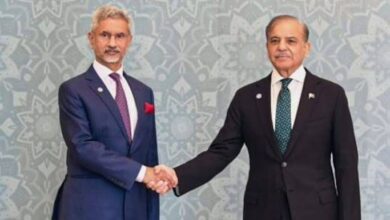Ismail Global and Legal Aid Society Unite to Support Gender-Based Rights and Justice – Startup Pakistan

In a significant step towards enhancing access to justice for vulnerable communities, Ismail Global and the Legal Aid Society (LAS) have signed a Memorandum of Understanding (MoU) to provide free legal assistance to survivors of Sexual and Gender-Based Violence (SGBV). This collaboration aims to enhance access to justice for vulnerable communities, including women, transgender persons, and persons with disabilities and will focus on cases involving domestic violence, harassment, child marriage, and other human rights violations.
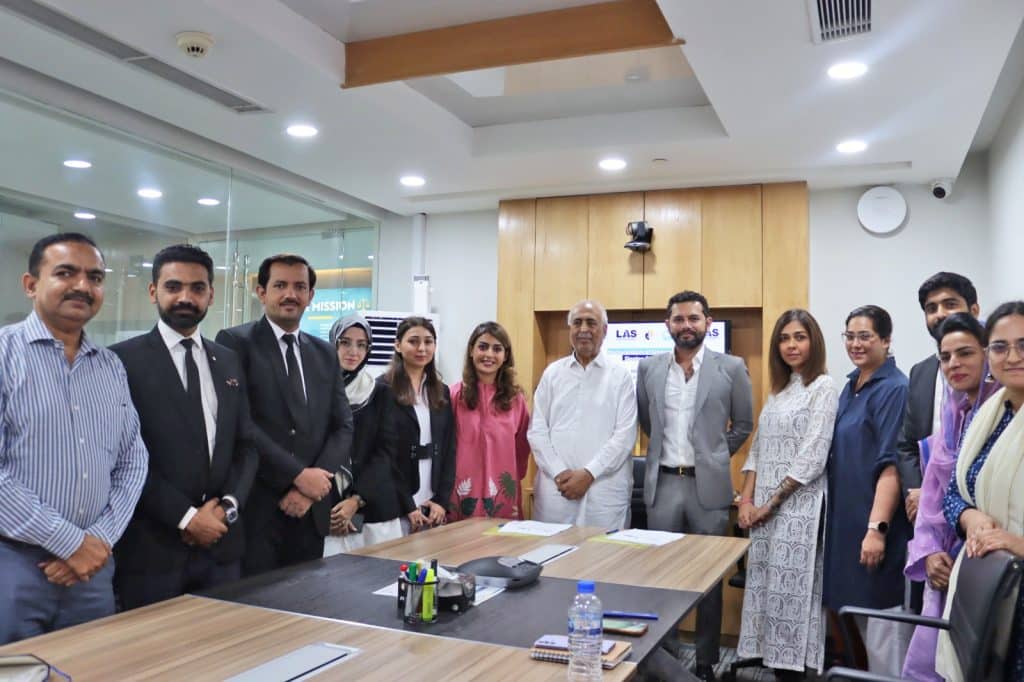
The MoU was officially signed at the LAS office by Hamid Ismail, CEO of Ismail Global, and Barrister Haya Zahid, CEO of the Legal Aid Society, in a ceremony attended by key representatives from both organizations.
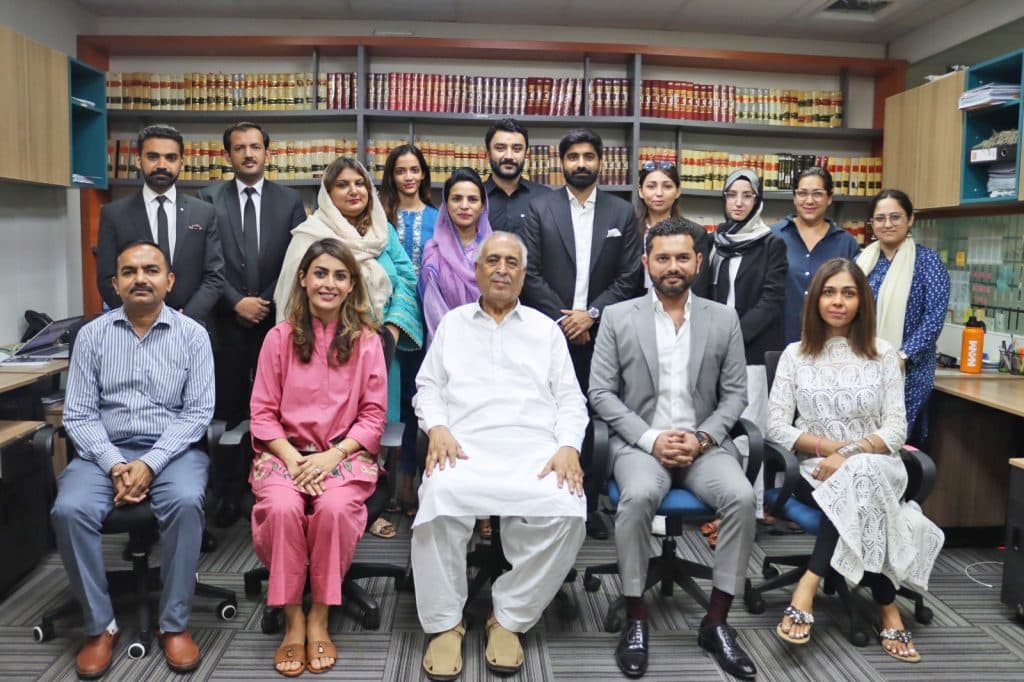
Hamid Ismail expressed his commitment to addressing the issue of gender-based violence, stating, “We are dedicated to making a meaningful difference by supporting survivors of gender-based violence through accessible legal recourse. This partnership with LAS represents our continued commitment to corporate social responsibility and the well-being of marginalized communities.”
Barrister Haya Zahid, CEO of the Legal Aid Society, praised the partnership, calling it “monumental in closing the justice gap for survivors of gender-based violence.” She further added, “With Ismail Global’s support, we can ensure that survivors receive the legal support they need to rebuild their lives while also driving systemic change to protect the most vulnerable members of our society.”
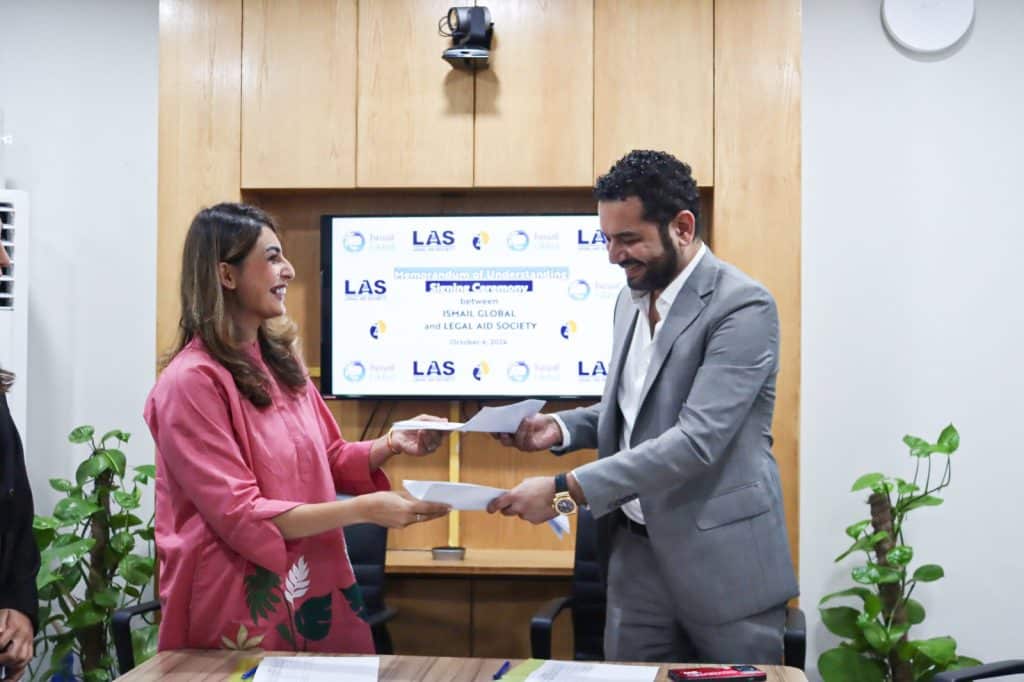
Under the agreement, Ismail Global will fund a team of lawyers, who will be stationed at LAS’s offices, benefiting from the organization’s established systems for case management, legal expertise, and advocacy.
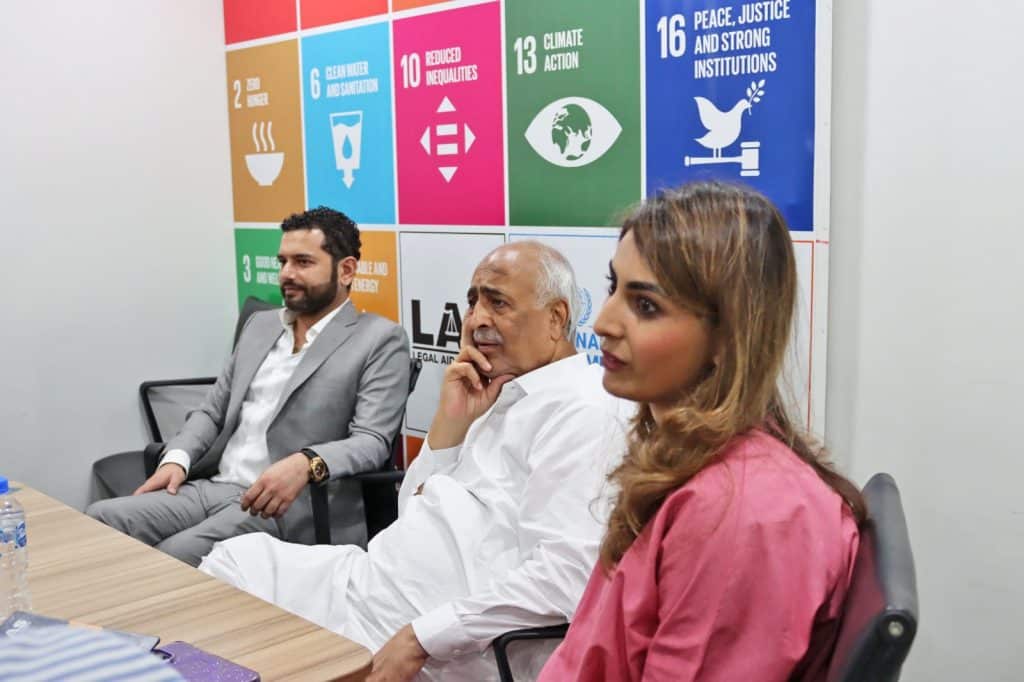
This partnership between Ismail Global and the Legal Aid Society not only reaffirms the commitment of both organizations to advancing human rights and gender equality but also serves as a powerful example of how collaboration between the corporate and non-profit sectors can drive meaningful social change.
Source link


